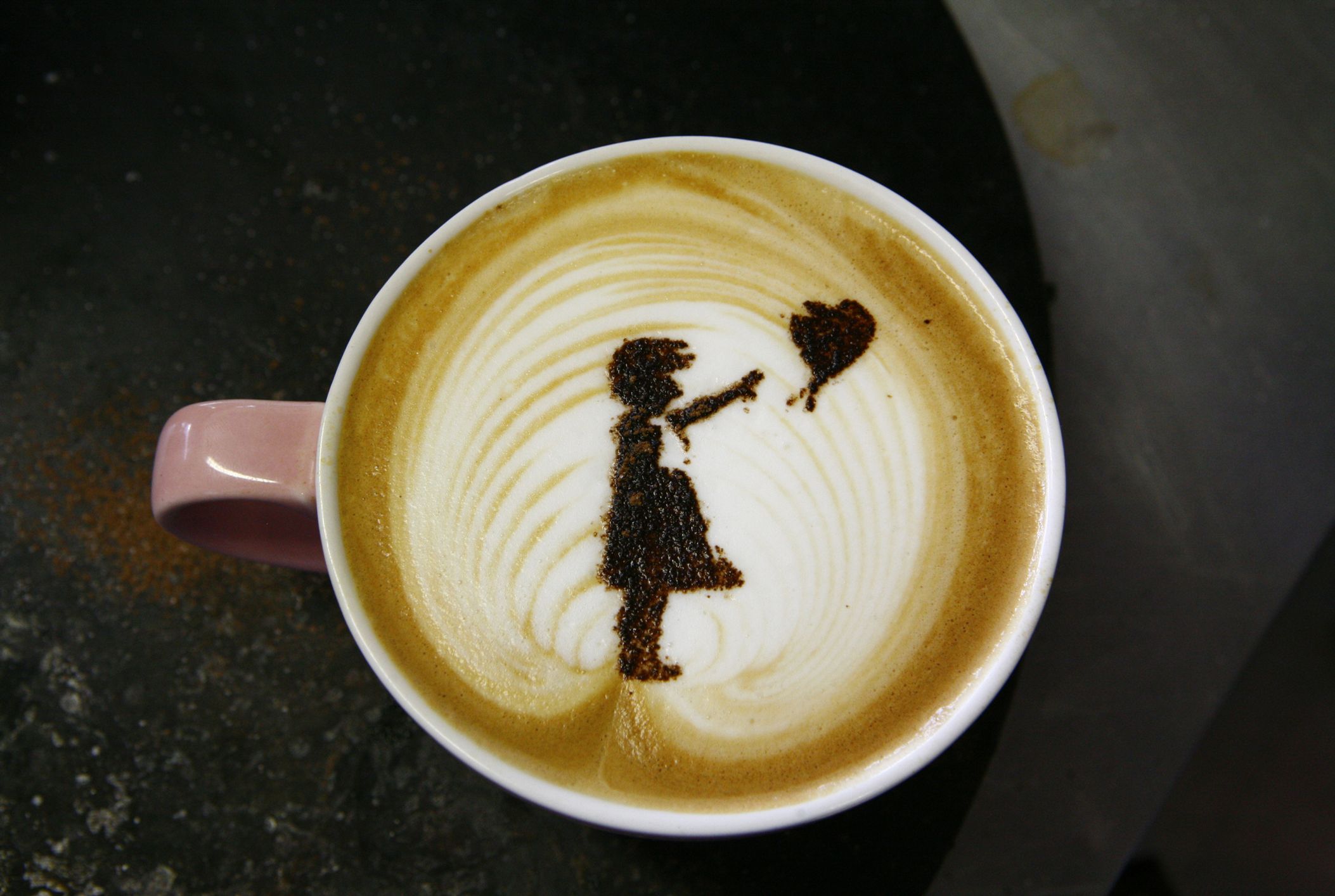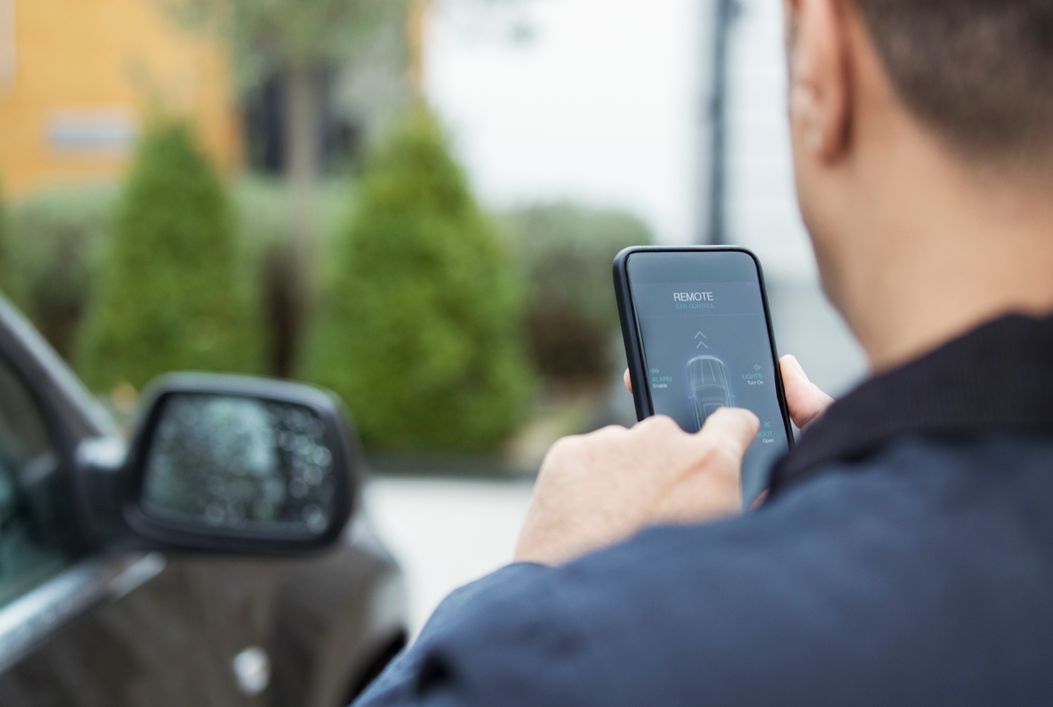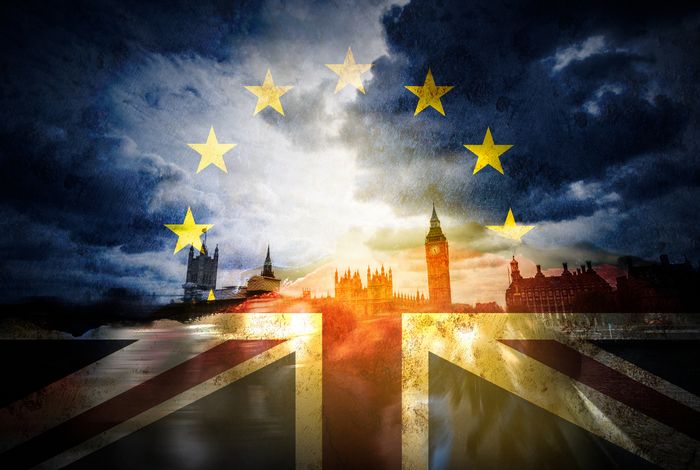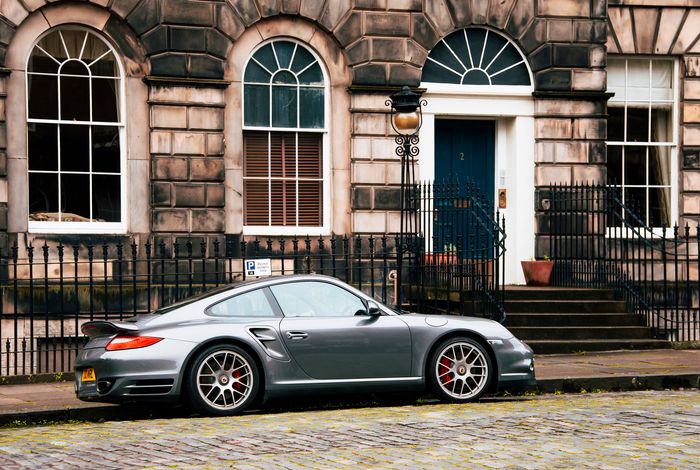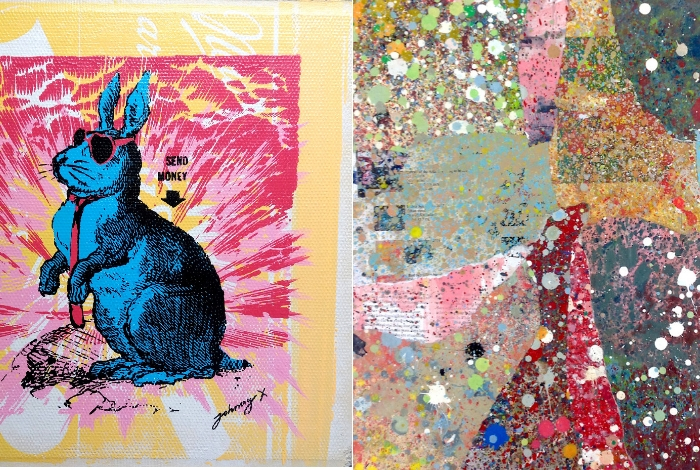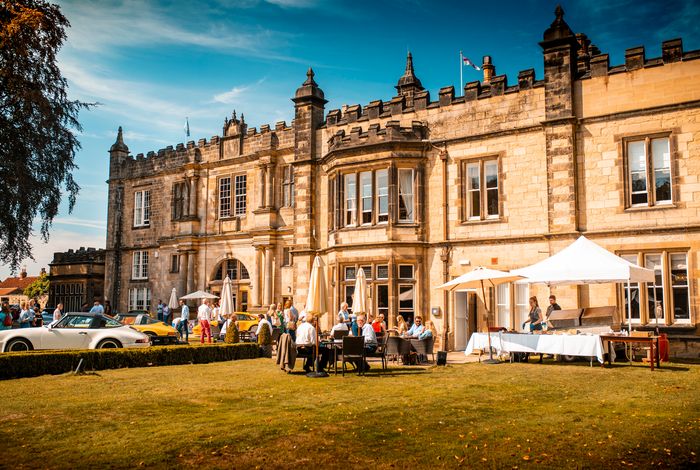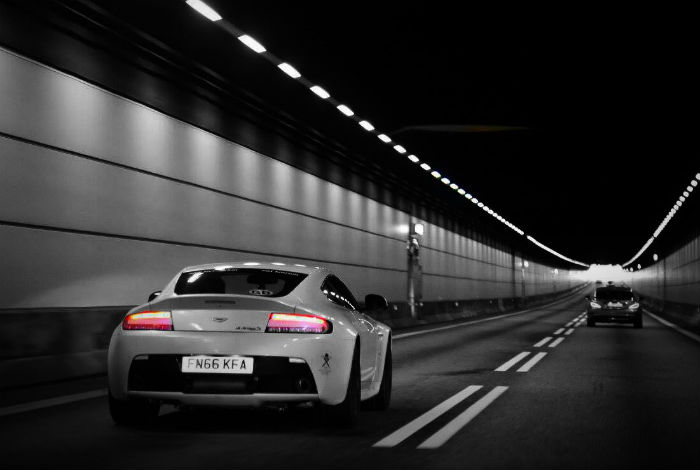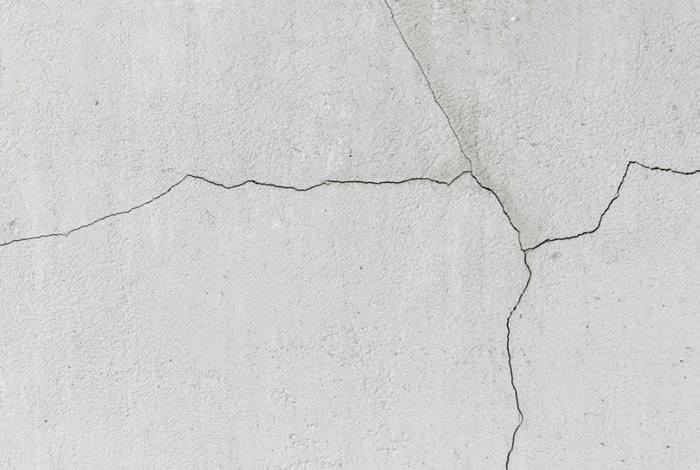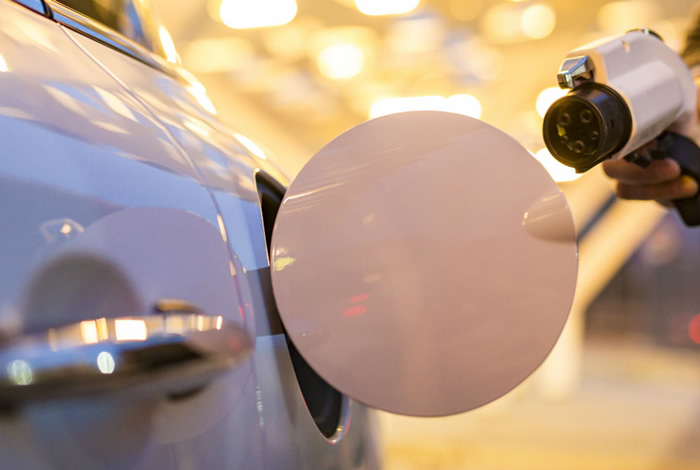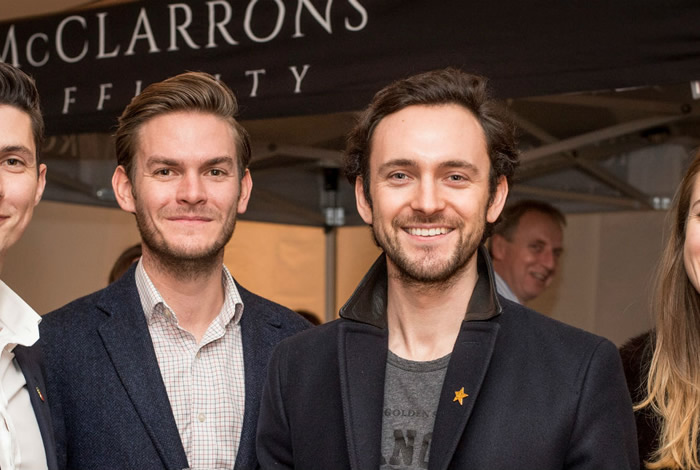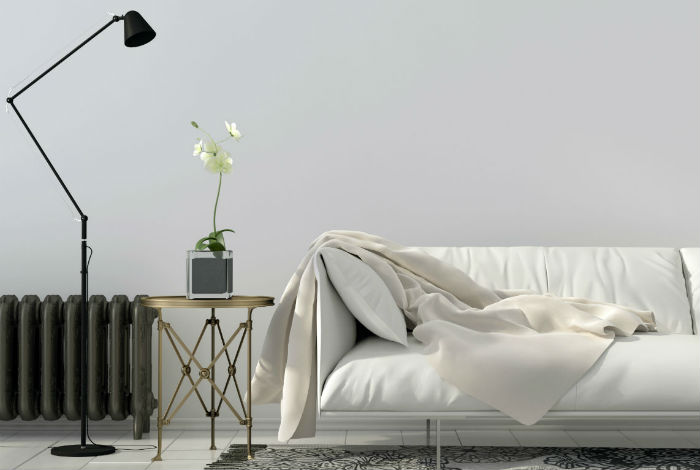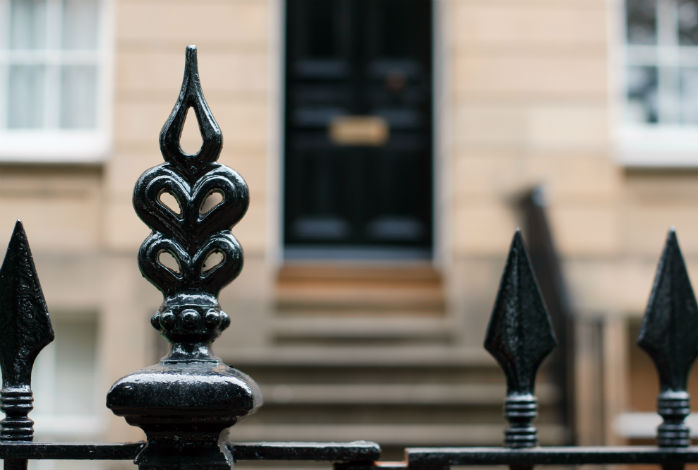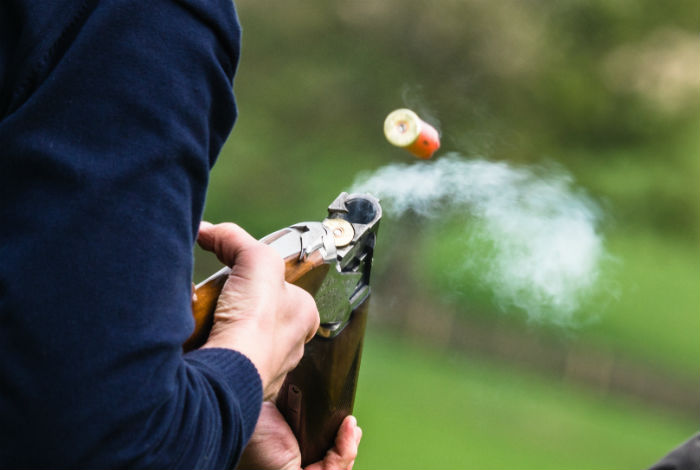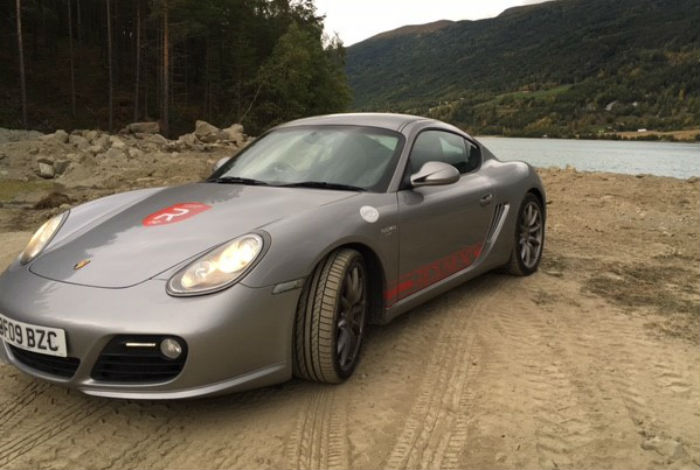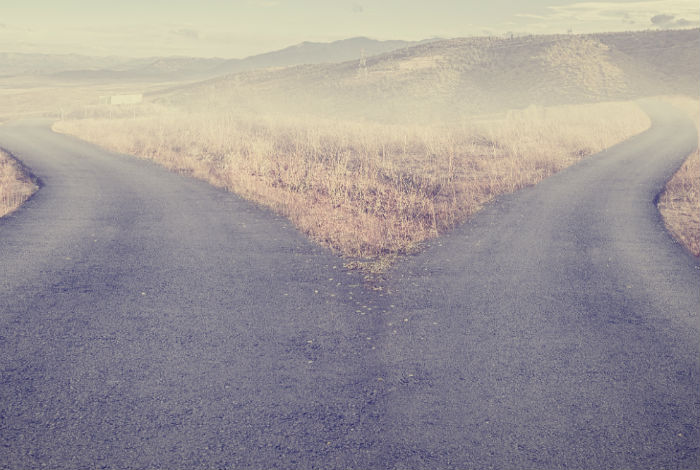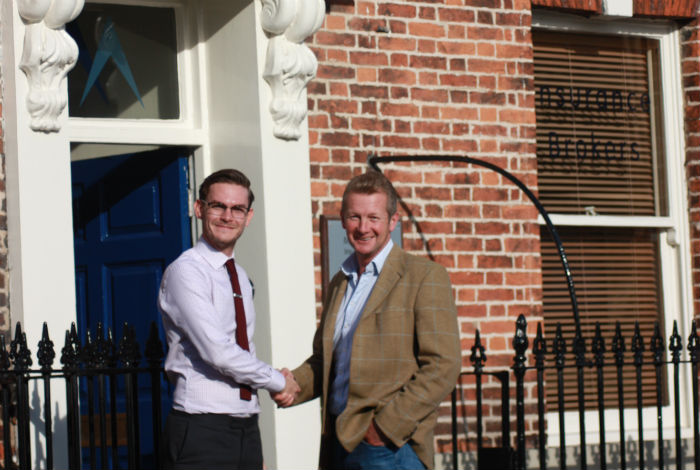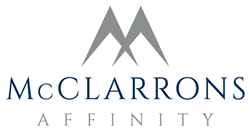Whether or not your tastebuds can tell the difference between a bottle of Chateauneuf du Pape on offer in the supermarket or Romanee-Conti at nearly £3,000 a bottle, wine collecting is no longer just a pastime of the elite, and being aware of what affects its value is knowledge well stored. We offer an overview of what can affect the value of wine that goes beyond a bottle’s vintage.
Economy
It may come as no surprise that like so many other areas of investment, the economy effects the wine market. In the early years of the millennium, prices of Bordeaux were on the rise, however this upwards trend began to go into reverse following the global recession at the end of the decade. That said, other sought after wines in recent years have maintained a slow and steady growth, with the top 100 rising in price by more than 150pc over 10 years*.
Supply & Demand
Pete Goss of Richard Dawes Fine Wine has noted that there’s been increased interest from Asia in recent years, which has had a part to play in the value of certain wines.
“Asian markets tend not to be driven by speculators, but by drinkers. As more of the top wines are consumed earlier and earlier, stocks are declining at a faster pace. We are seeing more interest from China, where there are an almost unlimited number of wealthy buyers, especially for premium Bordeaux. Auctions in Hong Kong fetch prices well above the UK market.”
In 2012, Nappa Valley released 600 bottles of Screaming Eagle Sauvignon Blanc at $250 each – already earning it the title of most expensive Sauvignon Blanc. Because of its limited availability, secondary market prices bumped the cost up to $2000 per bottle.
Vintage
Vintage is something instilled into wine from the get-go that has a massive influence on the price it fetches, and it is influential wine critics who have the power to give a wine the seal of approval with regards to the year that it was harvested.
Over 30 years since Robert Parker praised 1982 Bordeaux red, a bottle of this will still today fetch more than its counterparts of the following year. Ironically, blind tastings saw the 1983 vintage perform better, but a wine’s vintage still has the clout to supersede the quality of what’s actually in the bottle in terms of price.
Age
There’s truth behind the adage, “aged like a fine wine.” “Fine” being the operative word, a wine doesn’t get better with age if it wasn’t great to start with. However many great wines will only improve as the years go by, and the “ageing potential” of younger wines is taken into account when it comes to their value.
Wine worth protecting
Nick Martin of Wineowners.com said users of the online cellar platform owned wine worth between £1,000 and £2m.
Whatever the size of your wine collection, it’s worth considering separate insurance to cover it as you would with any other valuable collection.


